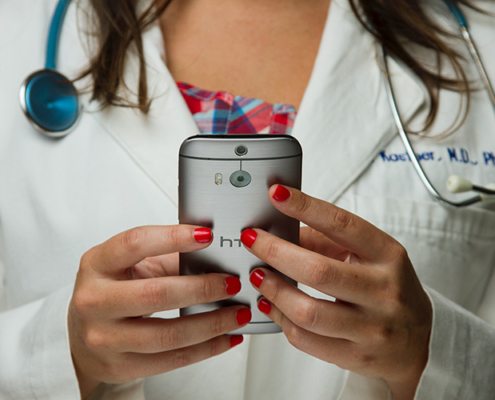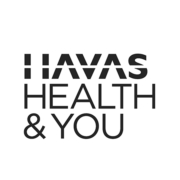Q&A: Considerations sponsors should make when implementing BYOD strategies in decentralized/hybrid trials
Q&A: Considerations sponsors should make when implementing BYOD strategies in decentralized/hybrid trials
Melissa Mooney, director, eCOA solutions engineering at IQVIA, discusses a bring-your-own-device approach when working with patients to capture data in decentralized and hybrid clinical trials.
Q: What are eCOAs and how do they work in decentralized clinical trials?
Melissa Mooney: An electronic clinical outcome assessment (eCOA) is a method of capturing patient experience data electronically in clinical trials and real-world studies. eCOA platforms intelligently automate capturing patient reported outcomes through robust and reliable electronic solutions, providing real-time insights that inform trial progress and demonstrate results. eCOA assessments play a key role in decentralized clinical trials (DCTs), allowing patients to share data about their treatment experience, outcomes, and quality of life, all from the comfort of their homes.
Q: In the new era of decentralized and hybrid trials, what is the significance of patients being able to reliably complete eCOAs on their personal devices?
Melissa Mooney: Giving patients the option to download study apps and leverage bring your own device (BYOD) options offers convenience and familiarity for users who don’t want to carry an extra piece of study-specific hardware or learn a new device interface. Additionally, patients are more likely to have regular access to personal devices given that they tend to be on their person at all times. This ensures that they receive alerts to complete assessments on time BYOD is one more way that sponsors can improve compliance and reduce patient burden.
Q: How can sponsors benefit from a BYOD approach?
Melissa Mooney: Besides reducing the burden of participation, sponsors benefit from lower costs and faster timelines because they will not need to acquire, ship, and manage provisioned devices. This can accelerate study startup, increase efficiency, and potentially trim hundreds of thousands of dollars from a larger trial budget.
Q: How can BYOD increase trial compliance?
Melissa Mooney: When patients are more engaged, patient protocol compliance increases. By leveraging a BYOD strategy, compliance levels can reach well over 90% as it is easier for patients to access and submit their entries on their personal devices. In contrast, paper data collection methods do not effectively engage patients nor drive compliance and data integrity,
Q: How can sponsors ensure their eCOA BYOD strategy will meet the rigor of the regulators?
Melissa Mooney: Although there are no specific guidelines now, Federal regulators such as the U.S. Food and Drug Administration (FDA) and European Medicines Agency (EMA) have indicated an openness to BYOD strategies and have strongly encouraged sponsors to implement electronic patient data capture over traditional paper methods. For sponsors to leverage data collected from personal devices or BYOD as a primary endpoint or in a pivotal trial, they need to be sure regulators will approve this mode of data collection before moving ahead. The best approach is for sponsors to meet with regulators as part of the planning process of setting up their eCOA strategy, such as BYOD, to make their case. It will be critical to demonstrate to regulators that an assessment can be completed across multiple device types, that the experience is consistent across devices, and patient behavior or the use of personal technology won’t compromise data quality and security.
Q: What are the potential BYOD technology risks that need to be addressed?
Melissa Mooney: There are potential risks for sponsors to consider regarding technological or human behavior and impact on BYOD strategies . For example, because patients are leveraging personal devices, sites can’t control any specific features or how they are used, such as opting in or out of notifications or system updates, Despite these challenges, sites can implement strategies to reduce technical risks while simultaneously protecting patient privacy. This includes giving patients thorough training on app installation, system upgrades, and ensuring patients’ personal devices can support an eCOA operating system. A helpdesk should also be setup to troubleshoot any technology issues. Being prepared and vigilant about potential technology-related risks will prove to regulators that key BYOD risks have been considered and planned for in the event of a problem.












